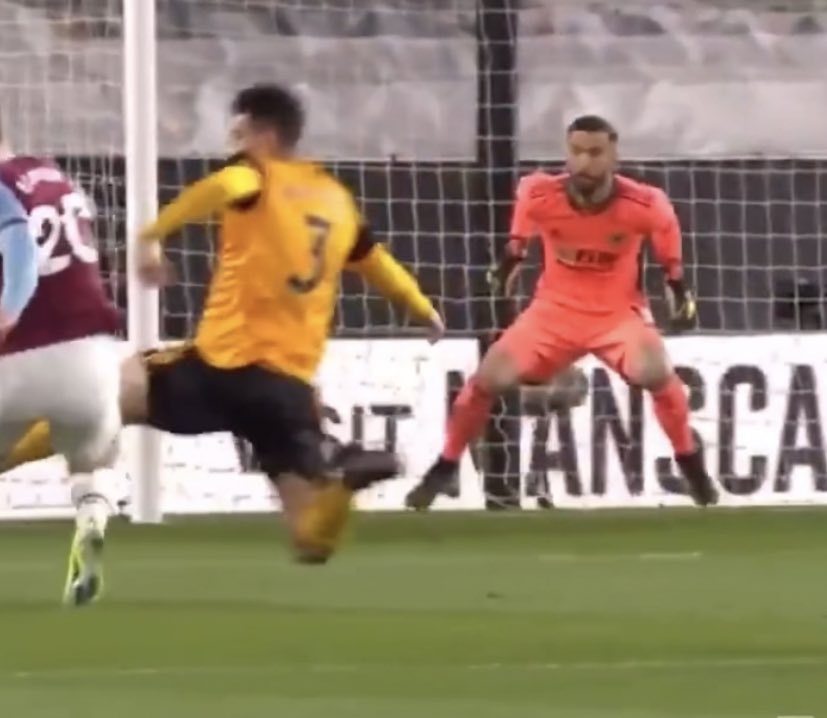Hi everyone, here is the link to our private facebook support group “Inside The Box” if you’d like to join
✅ This is purely for the mental side of the game (no training videos / match footage will be posted)
facebook.com/groups/2509201…
✅ This is purely for the mental side of the game (no training videos / match footage will be posted)
facebook.com/groups/2509201…

🙌 We’ve got a great community already of ex pros / pro goalkeeper coaches, young aspiring goalkeepers, parents, older goalkeepers all sharing their experiences of the mental side of the game
We lose far too many players because of the stress / anxiety the position places on us
We lose far too many players because of the stress / anxiety the position places on us
The whole point of this group is to hopefully reduce the number of players we lose due to those reasons by having a safe place to seek support
With the right guidance and support, no player should feel like they need to walk away, no matter what the level they play.
With the right guidance and support, no player should feel like they need to walk away, no matter what the level they play.
NEGATIVITY will not be tolerated
Thank you!
#gkunion #insidethebox #themoderndaygk #goalkeepers #goalkeeper #sports #soccer #mentalhealth #support #sportsperformance
Thank you!
#gkunion #insidethebox #themoderndaygk #goalkeepers #goalkeeper #sports #soccer #mentalhealth #support #sportsperformance
• • •
Missing some Tweet in this thread? You can try to
force a refresh













